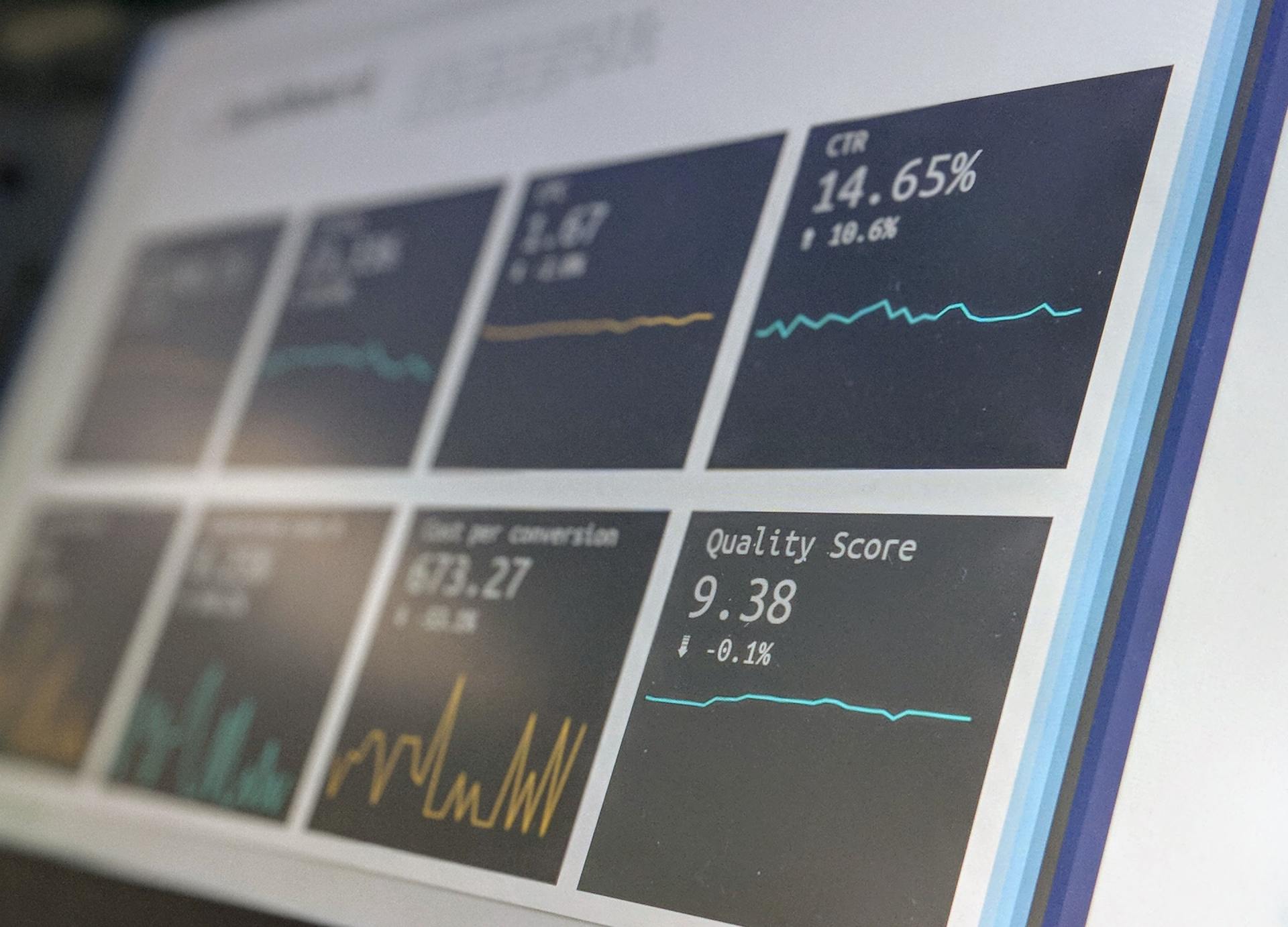Singapore’s healthcare sector is creating growing job opportunities
Dr Biz • December 24, 2020
The healthcare sector is one of Singapore’s strongest, with the market expected to grow to S $21.4 billion in 2020, an increase of 9% compared to $19.6 billion in 2019, while it is predicted to more than double to $49.4 billion by 2029, according to the latest market insight report from Fitch Solutions.
The strength of the sector has led to a number healthcare accolades for Singapore. This includes the fifth highest life expectancy
in the world while it is among the group of countries with the lowest infant mortality rate
in the world, with just 2 deaths per 1,000 live births.
Growth has been supported by high levels of government spending, which is estimated to top $13.2 billion in 2020, and triple to $36 billion by 2029. In-fact, private and public spending in the healthcare sector combined accounts for close to 6% of Singapore’s GDP, rising to a predicted 9% by 2029.
Top-notch services have also led to Singapore being a top destination for healthcare tourism, attracting more than 500,000 medical tourists annually who account for just under 4% of overall tourism spending ($1.3 billion). Notably, two thirds of patients (60%) are from neighboring Indonesia.
A strong and growing workforce
With such strong rates of growth, healthcare has been among those offering the most jobs and opportunities in Singapore. Currently, more than 100,000 workers are employed
in the healthcare sector, accounting for just under 3% of the City-State’s total workforce. Around 70% are healthcare professionals such as doctors, nurses and dentists, while the remaining 30% are support care, administrative and ancillary workers.
The outbreak of the Covid-19 pandemic has seen a swell in numbers of support workers, particularly swabbers and care ambassadors to assist hospital nurses re-deployed to care for Covid-19 patients. In-fact, according to the Ministry of Manpower, 8,350 people were placed into jobs and training positions in the healthcare sector between April and November 2020.
Perhaps unsurprisingly, the vast majority of these new roles were for shorter-term positions to help support the Covid-19 relief effort, which included front of house and administrative staff and community care organisers, as well as swabbers and swab assistants. However, the MoM reports that while some workers are still in their current roles, many have already transitioned to longer-term positions.
Mid-career switchers head for healthcare
The healthcare sector, in-fact, is becoming a highly desirable industry to work in, especially for mid-career switchers. This group has shown a rising interest during the pandemic, with the number of applications for the Professional Conversion Programme (PCP) for registered nurses three times higher in October this year than it was in April, according to the MoM.
At a virtual media conference reported in the Straits Times, Manpower Minister Josephine Teo said this could be inspired by people looking for ‘meaning’: “When people think about whether they will take up a career in healthcare, they see themselves not just as taking on any job. They see the meaning part of it, but they also know that it is a profession that demands a very high level of commitment.”
There remains, however, a strong need for more boots on the ground in the healthcare sector. The MOM reports that there are currently close to 5,500 healthcare jobs on offer, with 75% of roles available in long-term positions such as nurses, allied health professionals, therapy assistants and finance and HR executives. Meanwhile, short-term openings are largely for support and administrative roles.
Long term drivers will sustain growth
This current boom is not entirely dependent on Covid-19, either. In-fact, the biggest driver for growth in Singapore’s healthcare sector is an ageing population - one of the fastest aging populations in Asia. According to the International Trade Administration, this will translate to a greater demand
for specialized elderly care amid rising costs, which will further drive market growth and job creation in the sector.
In response to this growing need for greater healthcare, the government has introduced a number of programmes to support fresh graduates and mid-career switchers to transition to healthcare roles. In addition to the PCP programme, the government has worked closely with higher learning institutes to introduce new undergraduate programmes such as dietetics and nutrition and speech and language therapy. This has helped to swell local nursing intake
by 50% over five years, from 1,500 in 2014 to 2,200 in 2019.
As Singapore, like the rest of the world, faces a challenging economic recovery post Covid-19, the healthcare sector looks to be an exceptional ray of light. While other sectors might struggle to rebound, both short and long term drivers should ensure the growth and prosperity of the healthcare sector, boosting long-term job creation and ever-widening opportunities.
At Dr Biz, we provide tailored and comprehensive solutions for our client's business needs. From incorporation to accountancy, tax and payroll, to professional advisory services, we help businesses in Singapore assess potential risks and become more cost effective and efficient.
To find out more, please feel free to contact us.











